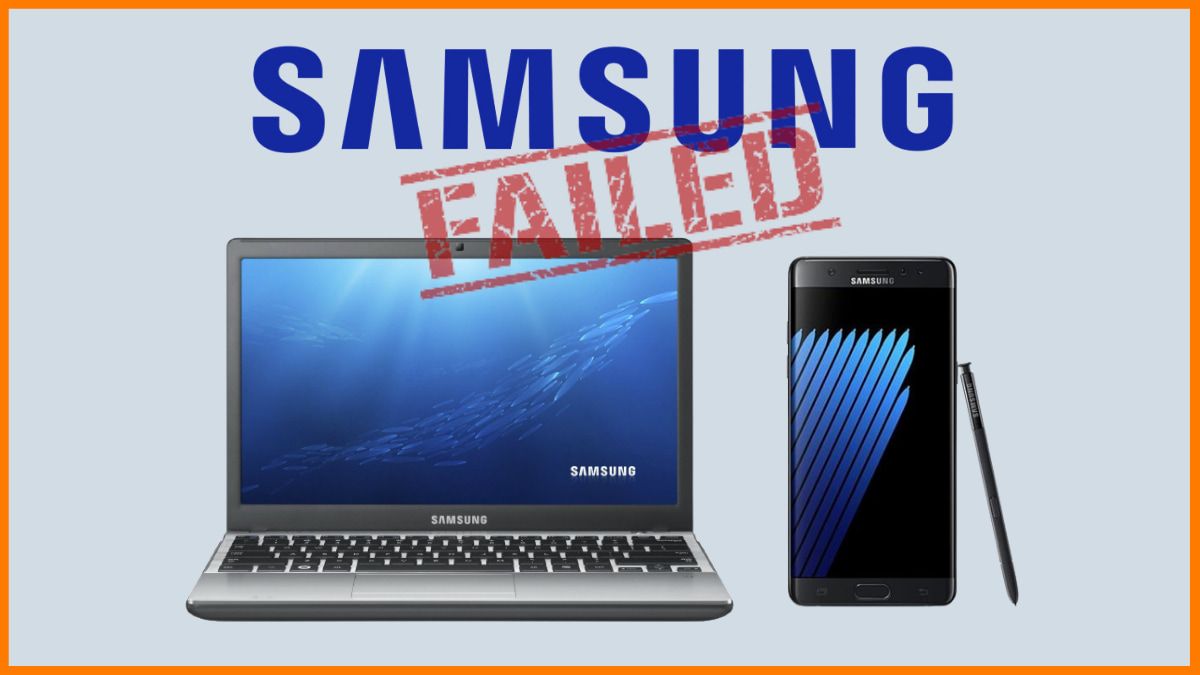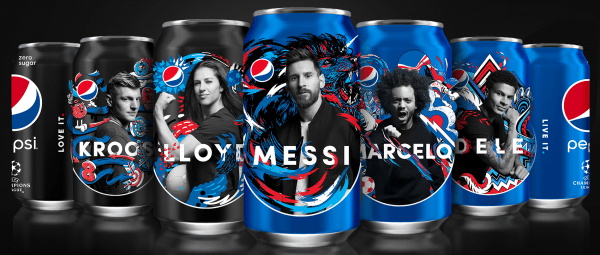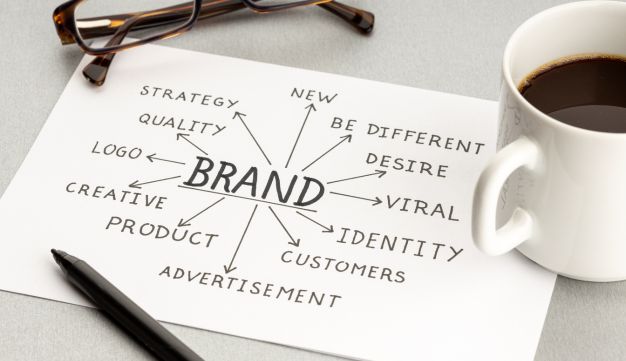
What digital marketing can do for your business
Many owners of local businesses – clinics, offices, or stores – wonder if it is really worth investing in digital marketing.
A common question is: how much can my business grow if I start with a basic digital strategy?
The answer is not absolute, but there are clear data, real experiences and a trend that repeats itself: those who work their digital presence with consistency, see measurable results in traffic, contacts and new customers.
Starting from scratch: a great opportunity
For many local businesses, especially those without a website or with inactive social networks, the starting point is zero digital visibility. This is not a disadvantage, but an opportunity to build a solid foundation from the start and quickly differentiate yourself in your area.
A well-executed basic digital strategy can take a business from zero to 500 to 1,000 monthly website visits within 6 to 12 months. Furthermore, that traffic can turn into 20 to 30 monthly leads if the content is clear, persuasive and conversion-oriented.
These ranges are not guaranteed promises, but are realistic benchmarks based on hundreds of cases in cities such as Querétaro, Guadalajara or León, in Mexico.
What is a basic digital strategy?
It’s not about big campaigns or paid advertising. It’s about building a solid presence with accessible and well-executed tools:
- Website optimized for local SEO: fast, clear, focused on keywords such as “dentist in [area]”.
- Complete Google Business Profile: verified listing, photos, reviews, schedules, and periodicals.
- Redes sociales activas: 2 o 3 publicaciones semanales con contenido útil, visual y humano.
- Review management: asking for and responding to reviews improves confidence and purchasing decisions
When will results be seen?
A basic principle of digital marketing: results are not immediate, but cumulative.
Businesses that apply these actions continuously for 6 to 12 months tend to experiment:
- Increased visibility on Google Maps and local searches.
- From 100 to 500 to 1,000 visits per month to the website, depending on the sector and competition. 10 to 30 new contacts or inquiries per month.
- Increased reputation, reviews and recommendations.
Digital discipline: the key to growth
The most important thing is not how much you invest, but the consistency and quality of the strategy. A site that is not updated or abandoned networks do not generate results.
With a basic strategy, well executed and maintained, any local business can scale its presence and reputation, attracting customers naturally and continuously.
Digital marketing is not magic, but it is a powerful tool if applied with vision and discipline. A basic digital strategy can take your local business from invisibility to real and sustained growth.
Are you ready to start building your digital presence?







 Its focus on quality, personalized service and exclusivity contributed to position its products as symbols of elegance and sophistication.
Its focus on quality, personalized service and exclusivity contributed to position its products as symbols of elegance and sophistication.





